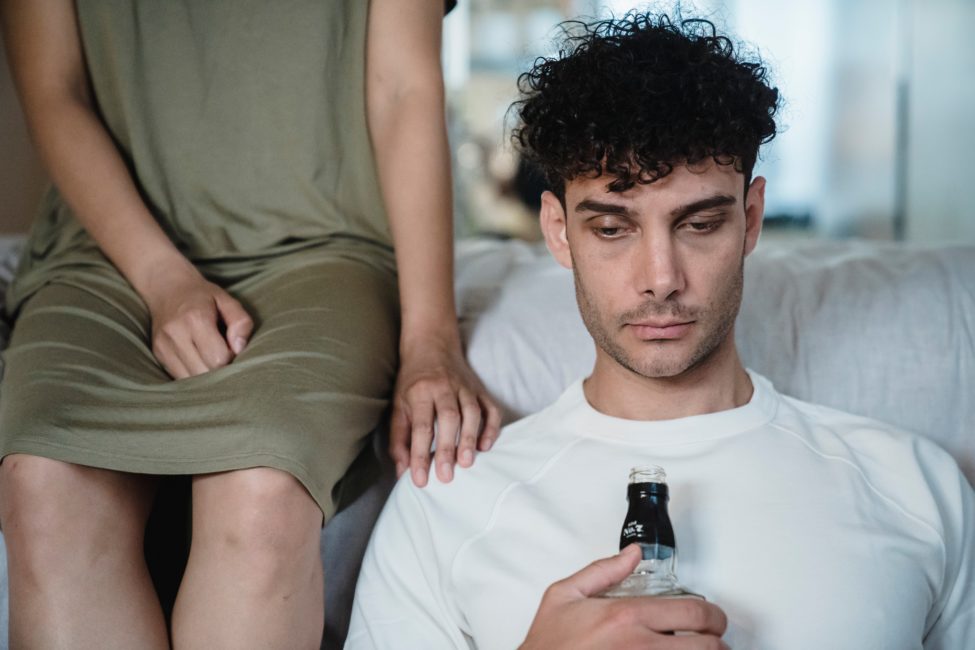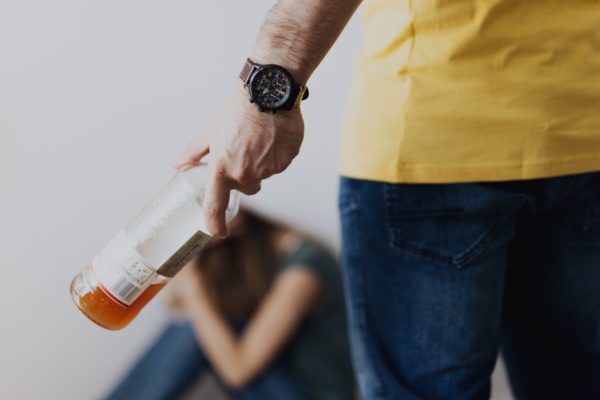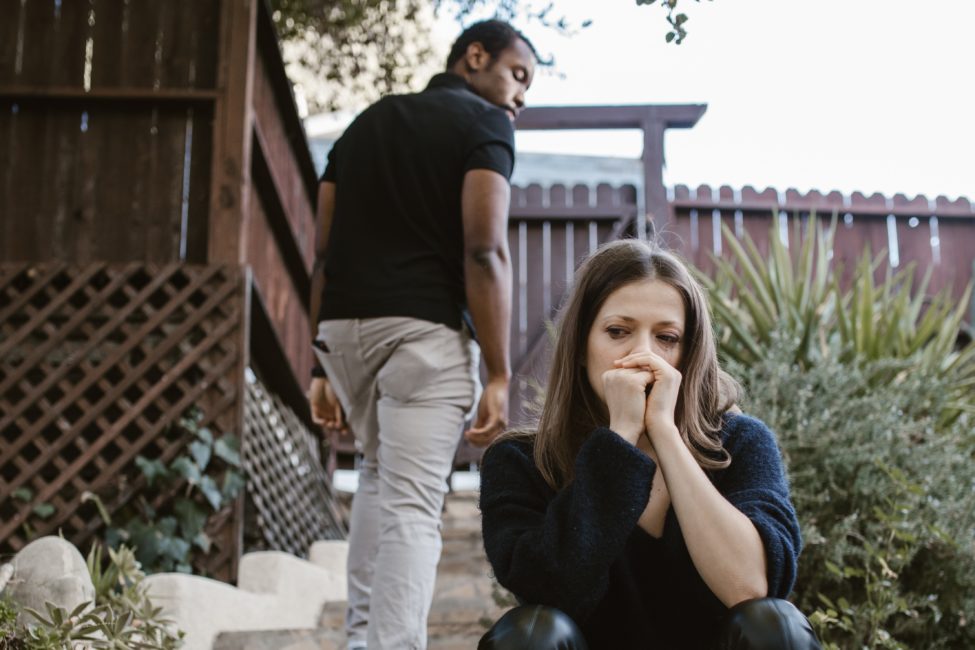
Maybe you and your partner drank together at one time – and maybe you drink a little more than you should sometimes on your own.
Or maybe you’ve gotten clean and sober, but your partner is still drinking heavily. However your relationship began or how your partner’s drinking may have started , today it’s clear: your partner is an alcoholic and you’re wondering if your relationship with them will survive.
The hard truth is that it is impossible to have a healthy relationship with someone who is dependent upon drugs or alcohol. Their focus will always be on their addiction, maintaining a steady supply of their drug of choice, and staying drunk or high – and therefore not on having a positive and healthy relationship with you. A successful relationship is one that prioritizes the needs of both people, where ongoing support and trust flows freely, and where both people feel safe and loved.
Bottom line: If your partner continues to drink, your relationship may survive but it won’t be healthy for either one of you, and it won’t necessarily be the best choice for you.
New Year. Real Recovery.
The pressures of the season are real. Find lasting peace and expert support.

Instability
Essentially, the only constant in a relationship where one person is an alcoholic is the fact that it is inconstant. You can’t make plans to be at a social event, go on vacation, or even go out to dinner, because your partner may be too incapacitated or simply may not be around when it’s time to go.
You may not be able to pay your mortgage because your partner may have emptied the bank account, run up a credit card bill you didn’t know about, or otherwise stolen from the family coffers. You may not even be able to go to work if the phone rings at 3 am, and you have to go pick up your partner in jail, at the hospital, or inexplicably in another state. You can’t invite people over because you don’t know how your partner will behave, and from one day to the next, you won’t know which version of your partner you will face – or if they will be there at all.
It’s almost impossible to deal with the instability that defines alcoholism without becoming codependent. Very often, the non-alcoholic partner enables the alcoholic behaviors without even realizing it: they call in to their partner’s job to explain that they are sick or have an appointment when they don’t show up, they cover the bills without assistance, they give up the basics to make sure that the alcoholic is taken care of, and they bail them out of jail – literally and figuratively – whenever the consequences of their alcoholism threatens to impact them. Though you may feel that you are helping your partner, if you are engaging in any of these behaviors you are stopping them from experiencing the negative effects of drinking, which in turn allows them to continue drinking and gives them no incentive to stop.
Verbal abuse and physical violence are exceedingly common when one-half of a relationship has an alcohol use disorder, and both are absolutely unacceptable. There is no excuse or situation in which physical or emotional harm is justified – none. If you are in a relationship with someone who has ever hurt you physically, seek help immediately. If you feel afraid to leave or that you do not deserve someone who will treat you with respect – or believe that no one ever will – help is available.

Broken Trust
Alcoholics lie. They steal. They don’t show up when they say they will. They make promises and break them – especially the promise that they will stop drinking. For as long as their alcoholism goes untreated, this will not change.
Love
You may have a thousand reasons why all those things don’t matter and you’d rather have a difficult relationship with your partner than to lose them completely. That is certainly your choice, but it is a choice that guarantees all of the following:
- You will not get the love, respect, and support that you deserve from your partner.
- If your partner has ever been abusive to you while under the influence, you may be putting your life in danger.
- Isolation from others who are balanced will decrease your ability to leave if and when you make the decision to go.
- Codependency is unavoidable.
- Verbal abuse under the influence, cheating, financial infidelity, lying, and other common choices of alcoholics may be the defining factors of your life as well as your relationship.
- You are missing out on having a relationship with someone who cares about you and your well-being as much as you care about them.
Options for Positive Change

When faced with your partner’s alcoholism, it is not necessarily a choice between staying or leaving. Treatment can help your partner to stop drinking and to start living a life that is healthy on every front. Part of treatment can focus on rebuilding your relationship with this person through family therapy, but you are also encouraged to seek your own personal treatment with a therapist and to create a supportive community with others who understand what you are experiencing and can help you to keep a balanced view of the situation.
It’s important to remember, however, that you cannot save your partner from alcoholism. Ultimately, treatment is a decision that they will have to make – and follow through on – alone. And if they decide not to get help, you will have to determine whether or not this is the path that you want your life to take.


